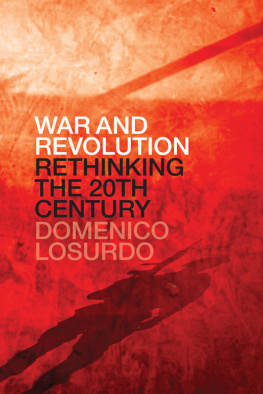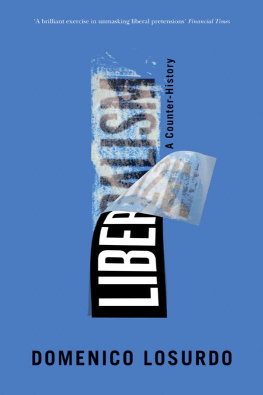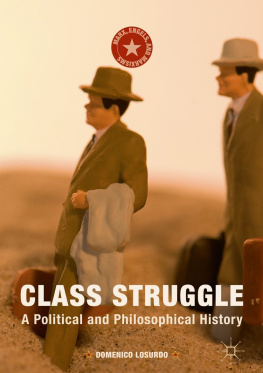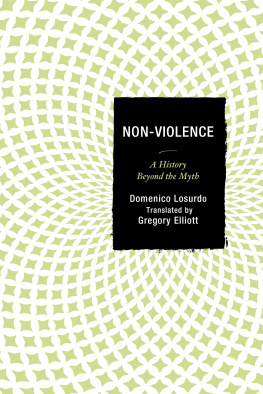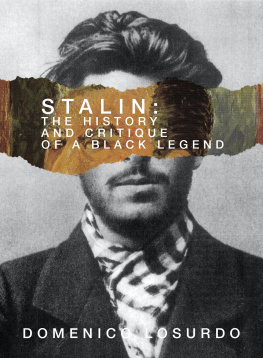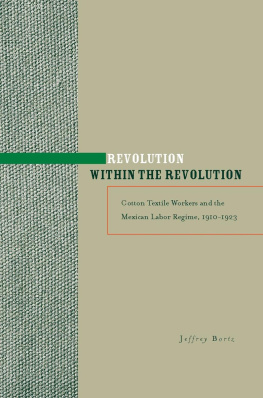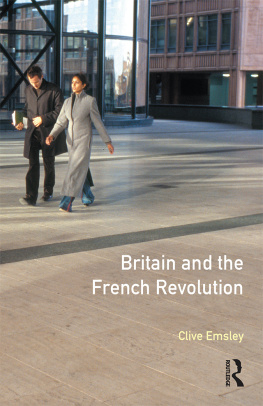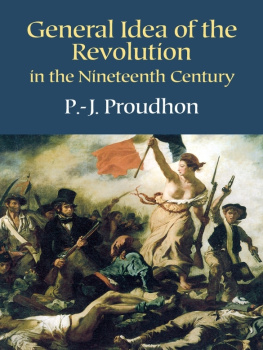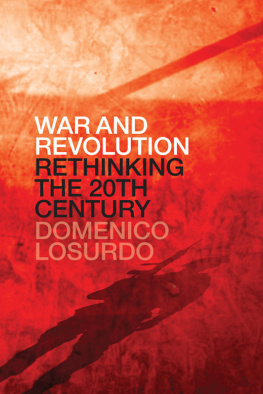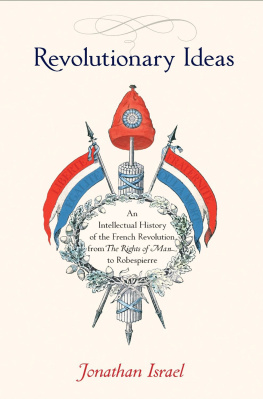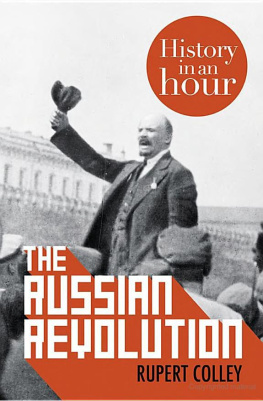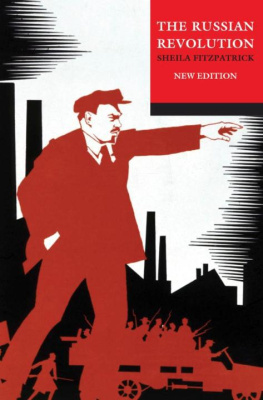The text that follows is an amplification and revision of three works. is a translation of Il peccato originale del Novecento (Rome/Bari: Laterza, 1998; 3rd edition, 2007). The idea for the book derived from an intense and fruitful exchange of ideas with Sebastian Budgen, to whom I express my warm gratitude.
In revising the text, I have had the help of Dr Giorgio Grimaldi, to whom many thanks.
Two Centuries Under Discussion:
Historical Revisionism
Historical Revisionism and the Liquidation of the Revolutionary Tradition
Is there a thread to guide us in the labyrinth of rereadings, re-examinations and reinterpretations known as historical revisionism? According to one of its most eminent representatives Ernst Nolte Hitler, in exterminating the Jews, regarded the Asiatic barbarism of the Bolsheviks, and the class genocide carried out by them, both as a model and as a danger to be averted at any cost. The author of this appraisal is another prominent figure in historical revisionism, Franois Furet, who does not confine himself to incriminating the Stalinist phenomenon, but reverts to the Jacobin tradition behind it. With its pitiless revelations,
Solzhenitsyns work has become the basic historical reference for the Soviet experience, ineluctably locating the issue of the Gulag at the very core of the revolutionary endeavour. Once that happened, the Russian example
And there is no point invoking alleged circumstances external phenomena that had nothing to do with the revolutionary project and ideology. In fact, the latter generated horrors exclusively out of its own internal logic or insanity. Furet draws attention to Tocquevilles diagnosis of the incessant revolutionary upheavals in France between the seventeenth and eighteenth centuries. We are dealing with an illness, a virus of a new and unknown kind, which has continued to rage with redoubled violence in the twentieth century.
From the capital of the former Soviet Union arrives news of a process of rehabilitation in fact, a veritable canonization of the last Czar and of his family (Nicolas IIs sister-in-law, Princess Elizabeth, has already been proclaimed a saint). In the collective mentality, as in revisionist historiography, the prevalent negative judgement tends to equate Jacobinism and Bolshevism.
The homage paid to the Romanovs involves a tendency to de-legitimize the whole movement that issued in the fall of Czarism. Let us attend to Nolte once again: The diary of an attach at the French embassy, Louis de Robien, confirms the conviction of other observers of the time that the February Revolution was already marked by the kind of atrocity that was labelled Bolshevik.
The American historian Richard Pipes goes even further. On the basis of Furets (and Tocquevilles) diagnosis of the revolutionary disease, he impeaches
Such were the disastrous manifestations of the revolutionary psychosis gripping an unusually large and fanatical body of professional revolutionaries, who were consumed by an intensely felt, irrational desire to pull down the entire edifice of monarchic Russia.
There was no justification for the latter. In the first half of November 1916, Nicholas II had already capitulated to revolutionary demands. Yet the opposition, smelling blood, demanded more.
To explain the ravages of the revolutionary disease in the twentieth century, Pipes thus goes back to the French Revolution and the Enlightenment, which he interprets with the aid of Furet. The latter, having started out from a critique of the French Revolution and condemnation of Jacobinism, subsequently felt compelled to subject the experience initiated with October 1917 to a pitiless analysis. In radicalizing his denunciation of Bolshevism, Nolte in turn felt obliged to work backwards, condemning the French Revolution in its entirety. The main target of historical revisionism thus becomes clear: the whole historical cycle running from 1789 to 1917.
Its assault has a series of knock-on effects. Without the French Revolution, the Italian Risorgimento is unintelligible, for behind it were 1848, the Napoleonic experience and, even earlier, the Neapolitan revolution of 1799. In his time, Lincoln was accused by contemporaries and opponents of having resorted to ruthless measures of a Jacobin kind. And, in our day, we find a substantial literature engaged in condemning the catastrophe of the American Civil War, provoked (according to a prominent representative of US revisionism) by hotheads on both sides.
The main theme of this comprehensive reinterpretation of the contemporary world thus becomes even clearer: it involves the liquidation of the revolutionary tradition from 1789 to the present. At this point, the term revisionism becomes intelligible. In the debate within the political movements inspired by Marxism, the revisionists were those like Bernstein who sought to expunge the Blanquist or Babouvist legacy, the Jacobin spirit they detected in Marx and Engels theory and, a fortiori, in the theory and practice of the Bolshevik Party.
The Second Thirty Years War as a World Revolution

